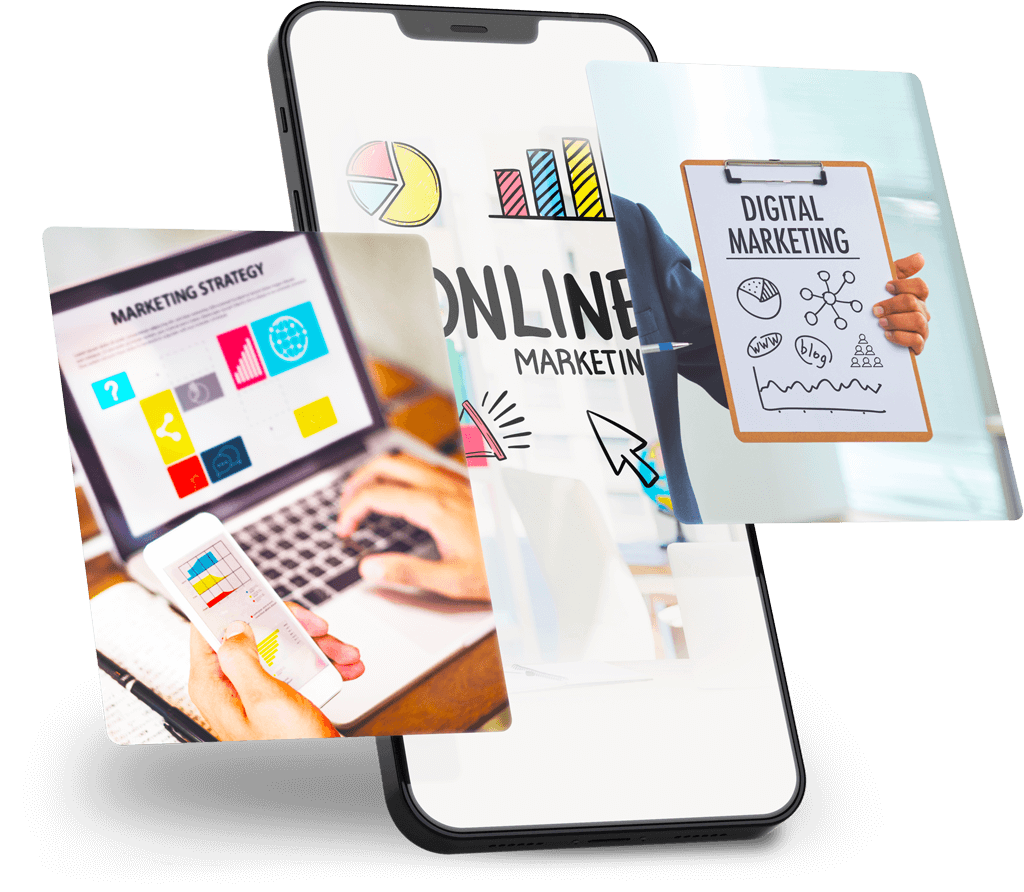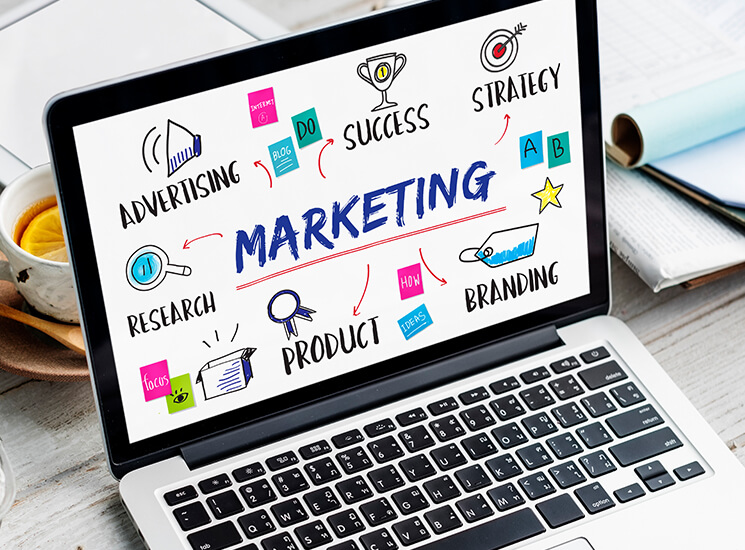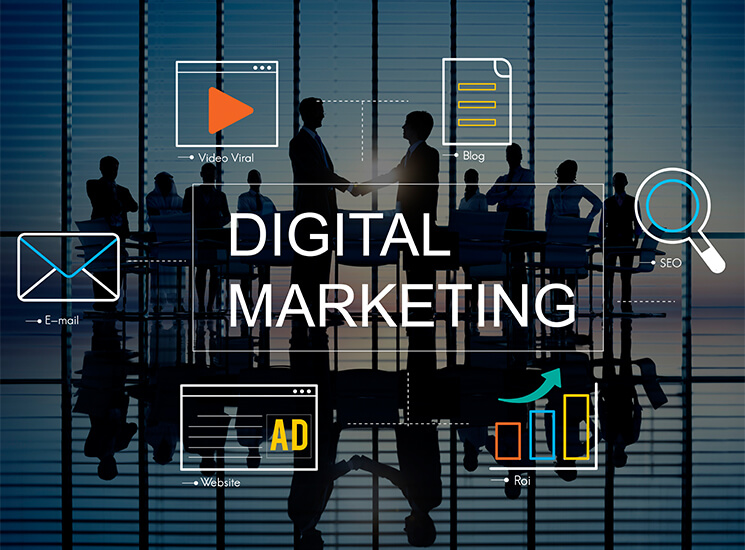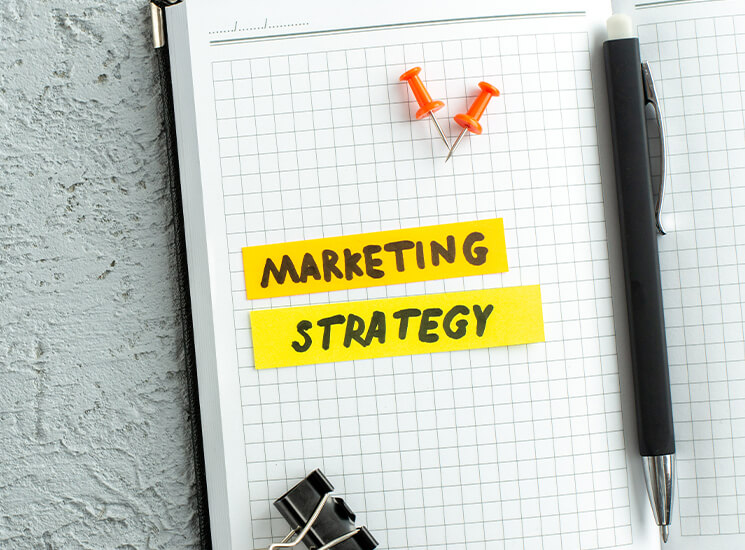SP Home Run is now DCSMI
(The Data Center Sales & Marketing Institute)
Elevating the role of sales, marketing, and go-to-market (GTM) professionals
in the growth of the data center industry
From 2010-2023, SP Home Run consulted with and provided outsourced professional services for three different kinds of startups, scaleups, and small businesses:
B2B Software as a Service (SaaS)
Including artificial intelligence (AI), machine learning (ML), analytics, construction, cybersecurity, data science, distribution, education, environmental, social and governance (ESG), healthcare, hospitality, logistics, and manufacturing
B2B FinTech (Financial Technology)
Including accounts payable (AP), client accounting and advisory services (CAAS), cloud accounting, enterprise resource planning (ERP), governance, risk, and compliance (GRC), and taxation
B2B Infrastructure as a Service (IaaS)
Including data center services, cloud services, managed services, telecommunications, virtualization, and other mission-critical IT and facilities services
In late 2023, SP Home Run pivoted its focus to go all-in on its expertise in and around the data center industry -- including data center providers and others within the broader ecosystem of data center technology, data center facilities, data center construction, data center real estate, as well as data center sales and marketing.

Uncover Revenue Growth Opportunities You’re Currently Missing
Get Found By the Right People, In the Right Places, At the Right Time, and In the Proper Context
SP Home Run helped 100+ companies worldwide -- primarily in the United States and throughout Europe -- with revenue growth, digital marketing, sales enablement, and go-to-market strategy.
It helped clients in five very specific and interrelated areas -- all tied to growth:
1) Differentiation. 2) Thought Leadership. 3) Competitive Positioning. 4) Sales Cycle Acceleration. 5) Scalable, Predictable Revenue Growth.
Led by a Long-Time B2B Technology Growth Strategist
 SP Home Run was led by long-time B2B technology industry strategist Joshua Feinberg -- with a unique blend of experience in digital marketing, sales enablement, product marketing, content strategy, channel partner enablement, and go-to-market strategy -- across startups, scaleups, small businesses, and even enterprises.
SP Home Run was led by long-time B2B technology industry strategist Joshua Feinberg -- with a unique blend of experience in digital marketing, sales enablement, product marketing, content strategy, channel partner enablement, and go-to-market strategy -- across startups, scaleups, small businesses, and even enterprises.
With a deep specialization in SaaS, cloud, data centers, and hosting, Joshua presented educational sessions at MSP EXPO/IT EXPO, HostingCon, Data Center World, and DatacenterDynamics. He’s blogged for Data Center Knowledge, and served on the HostingCon Advisory Board and the local AFCOM chapter board.
Joshua’s been quoted in USA Today, CRN (cover story), VAR Business, AICPA Journal of Accountancy, Business Insider, Inc.com, CMS Wire, and TechTarget. He’s also had content published in Inc.com, Medical Economics, Windows NT Magazine, and Microsoft Certified Professional Magazine, and he served as a contributing editor for Selling Windows NT Solutions Magazine.
Microsoft Small Business and Channel Partner Strategy
A former Microsoft content provider for and an advisor to the Small Business Server product teams and small business channel partner teams in Redmond, WA, Joshua Feinberg wrote the groundbreaking book Building Profitable Solutions with Microsoft Small Business Server (long out of print, but still on Amazon) and bi-weekly VAP Voice online columns that helped shape Microsoft’s small business partner and product marketing strategy and ultimately the managed services business model. Much of the content Joshua created was also localized and translated into 12+ languages for a 500K+ global audience.
HubSpot Solution Partner and HubSpot User Group Leadership
Joshua Feinberg’s team actively participated in HubSpot’s Solution Partner program for ten years -- onboarding and supporting 50+ HubSpot portals. During that time, Joshua also co-led a local HubSpot User Group (HUG) -- planning and hosting some of the highest-rated community events in the mid-2010s.
B2B AI SaaS Startup in Accounting and Enterprise Finance (FinTech)
For 2.5 years, Joshua led marketing and sales enablement for a venture-backed B2B AI SaaS startup in accounting and enterprise finance. In addition to hypergrowth, he helped improve its competitive positioning and differentiation as it advanced from Seed to a very successful Series A funding.
IBM EdTech Sales and Marketing
Joshua Feinberg began his career marketing and selling higher education hardware and software for IBM and supported high-leverage co-marketing campaigns.
Go-to-Market (GTM) Strategy with SP Home Run
Ten years ago, B2B buyers spoke with salespeople early in their pre-purchase research.
However, that's completely changed. As search engines, social media, voice-powered personal assistants, streaming video, podcasts, webinars, and review websites have all become mainstream, your best prospects now are doing tons of self-directed research on their own before they’re open to having a sales conversation with someone from your company.
So much so that many times, 60%, 70%, 80%, or more of the buyer’s journey is over before you’re even aware of a potential prospect.

Gartner and the Future of GTM
The latest research from Gartner found that 83% of a typical B2B purchase decision -- including research, comparing options, and evaluating pricing -- happens before a potential buyer engages with a vendor.

McKinsey and the Future of GTM
McKinsey & Company has discovered that 70% to 80% of B2B decision makers now prefer to make decisions digitally.

LinkedIn, Edelman, and the Future of GTM
In its B2B Thought Leadership Impact Report, LinkedIn, in partnership with Edelman, concluded that “thought leadership remains critical to customer engagement, but breaking through the noise is harder than ever.”

Got a Question About SP Home Run?
Contact DCSMI. Use the chat bubble on this page if you need to reach out.
Subscribe to the Data Center Sales and Marketing Newsletter (DCSMI)
Do you work in a go-to-market (GTM)-related role within the data center industry? Perhaps you’re in sales, marketing, customer success (CS), product, channel partnerships -- or a C-suite executive sponsor.
If you want to grow professionally and elevate your role within your team, company, industry, and beyond, complete the form to Subscribe to the Data Center Sales and Marketing Newsletter (DCSMI).
.png)